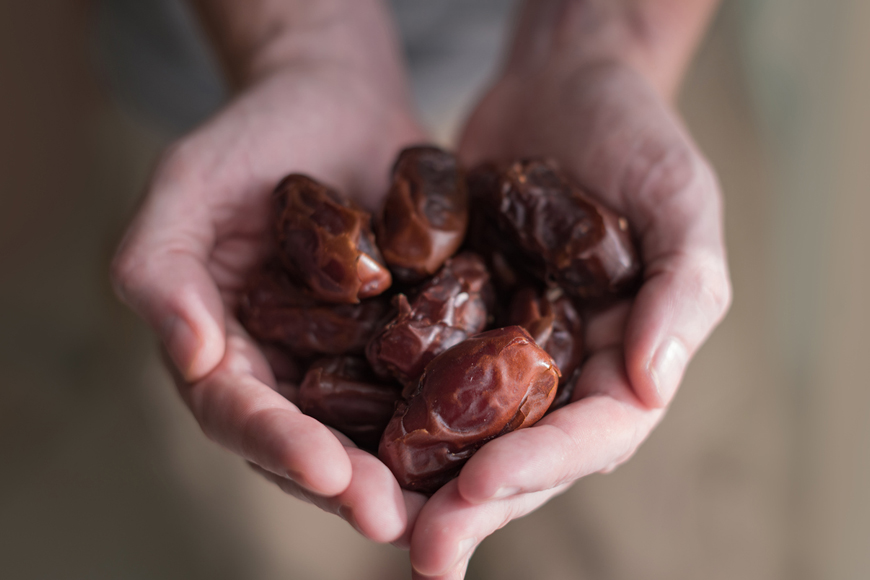5 Fasting Tips for a Healthy Ramadan
Stay healthy and well-nourished while you fast this Ramadan season.
2 June 2015
ewfood

Fasting during Ramadan falls on every ninth month of the Islamic calendar. Muslims worldwide call this the Holy Month; when they are encouraged to practice self-restraint by mainly fasting - no food and drinks, reflection in prayer, reading the Holy Quran and avoiding indulgent acts and things, in general.
This month, however, means that people who are fasting are also prone to dehydration and headaches as they give up food and drink during the day. There is such a thing as a more effective and healthier way to fast.
Here are some tips to make fasting easier this Ramadan.
1. Never miss Suhoor, the meal before dawn.
While it is tempting to stay in bed after a late night and forgo the first meal of the day, it is just as important as your normal breakfast. Remember, breakfast is the most important meal of the day and it will keep you energized and nourished to last until Iftar or sunset. Imagine how hungry the body gets when its last meal is from the night before and you still have an entire day to go before Iftar.
2. Slowly ease into Iftar
On impulse, it might seem normal to dive into the feast that is waiting during Iftar. This is wrong. Instead, remember to ease into it slowly rather than overeating to avoid discomfort such as indigestion and dehydration. Iftar usually consists of a well-balanced meal with dishes from different food groups. Be careful not to overeat an excessive amount of high-fat dishes which can give you stomach problems and can add to your weight in time. Slowly eat and chew your food properly in order to avoid these discomforts while eating.
3. Eat a well-balanced meal.
Just as you would during an ordinary meal, avoid foods that are unhealthy such as those with high fat content, too much salt and too much sugar. As much as possible, try to eat clean but well-balanced to avoid unnecessary weight gain and discomforts. For those with high blood pressure, most especially, it is best to try and refrain from dishes that are too salty. Balance the carbohydrates, protein, fruits and vegetables during Iftar.
4. Stay hydrated by drinking water frequently before you fast.
Abstain from beverages that will not help you stay hydrated during the day such as soft drinks and other types that are too sweet like sugary juices. Drink at least 8 glasses a day before dawn and after sundown. Soups can also help you stay hydrated. Cut down on caffeine or if you can, don’t have any at all because beverages such as teas and carbonated drinks have a diuretic effect and this can cause dehydration.
5. Get some sleep!
Most importantly, when the body is physically tired it can make a lot of difference to be sure you catch enough Zs whenever you can. While it is tempting to stay out for hours only to wake up at dawn, make sure you get to hit the pillow as much as you can before rising for Suhoor the next day. Sleep can reset your tired body by recharging it and repairing cells overnight so you can be ready to tackle a new day with energy to start fasting again.
- Tags:
- ramadan
- fasting
- iftar
- Suhoor
- arabic food














